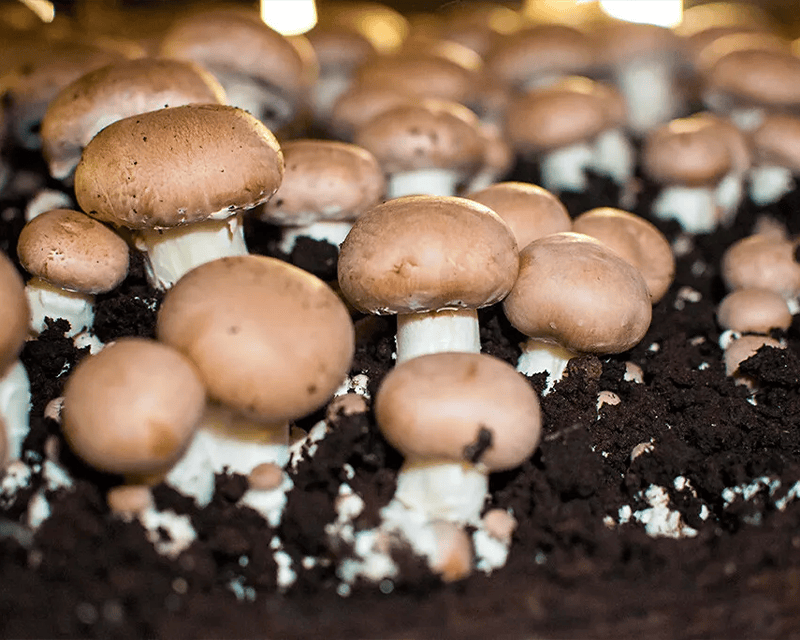Moreover, these training programs are designed to cater to individuals of varying skill levels, from beginners to experienced cultivators seeking specialized training. With a focus on utilizing technology and innovation in mushroom cultivation, participants can explore new advancements in the industry and learn how to incorporate these tools into their own practices. By offering certification and accreditation, these training centers ensure that participants acquire the necessary skills and knowledge to thrive in the burgeoning mushroom industry, opening up a world of career opportunities and growth potential.
Types of Mushrooms Covered in Training Programs:
Mushroom cultivation training programs often cover a wide variety of mushroom species to provide a comprehensive understanding of different cultivation techniques. Common types of mushrooms included in training programs are white button mushrooms, oyster mushrooms, shiitake mushrooms, and king oyster mushrooms. These species are popular choices due to their market demand and relatively straightforward cultivation processes.
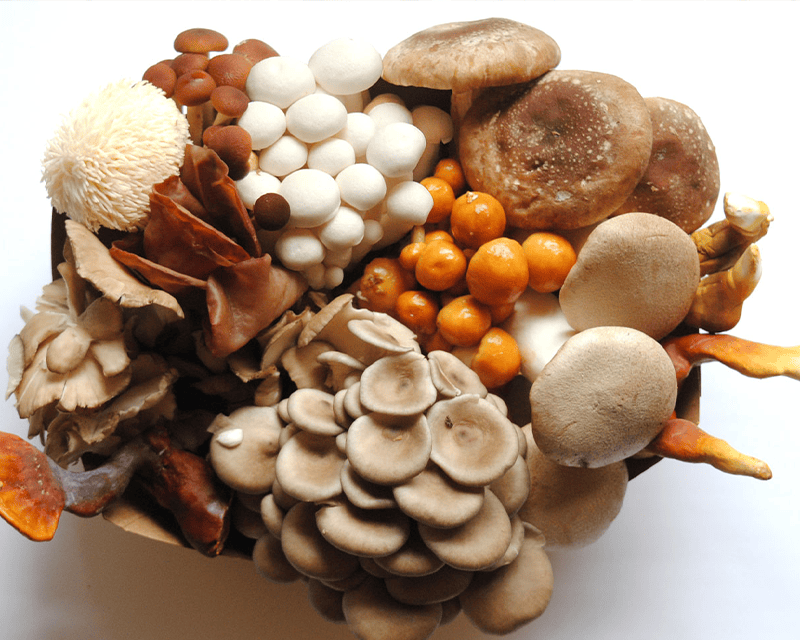
In addition to the commonly covered mushrooms, some training programs may also include specialty mushrooms such as lion's mane, reishi, and maitake mushrooms. These specialty mushrooms have gained popularity for their unique flavors, textures, and potential health benefits, making them an attractive choice for cultivators looking to diversify their product offerings. By including a range of mushroom species in training programs, aspiring cultivators can gain a broad skill set and knowledge base to embark on successful mushroom cultivation ventures.
Duration and Format of Mushroom Cultivation Training:
Mushroom cultivation training programs vary in duration and format depending on the specific training center. Some centers offer short courses that span a few days, providing a crash course in the basics of mushroom cultivation. These short programs typically focus on essential techniques and practices to kickstart a novice cultivator's journey into the world of mushrooms.
On the other hand, more comprehensive training programs may last several weeks to months, covering a wide range of topics in depth. These longer courses often incorporate a mix of theoretical lectures, hands-on practical sessions, and field visits to mushroom farms. Participants in these programs can expect to receive a thorough education in various aspects of mushroom cultivation, from substrate preparation to harvesting techniques.
Hands-On Experience in Mushroom Cultivation Techniques:
Hands-on experience in mushroom cultivation techniques is a critical component of training programs offered at mushroom training centers. Participants are given the opportunity to apply theoretical knowledge to practical settings, enhancing their understanding of the cultivation process. Through hands-on activities such as substrate preparation, inoculation, and maintenance of growing conditions, trainees gain valuable skills that are essential for successful mushroom cultivation.
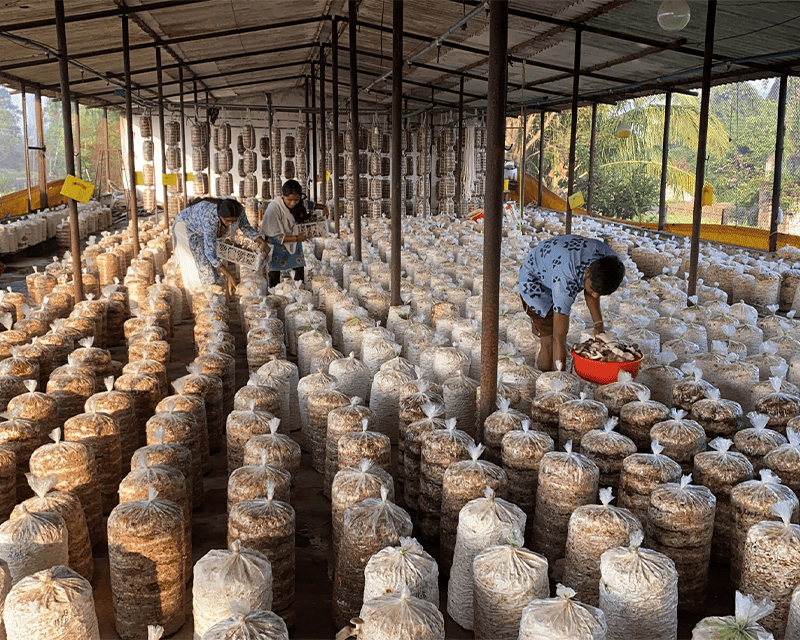
The hands-on experience allows participants to familiarize themselves with different types of mushrooms, their growth requirements, and potential challenges that may arise during cultivation. By actively engaging in tasks such as harvesting and post-harvest handling, trainees develop confidence in their abilities and learn best practices for ensuring high-quality yields. Overall, the hands-on component of mushroom cultivation training programs plays a crucial role in preparing individuals for a rewarding career in the mushroom industry.
Certification and Accreditation of Mushroom Training Centers:
Certification and accreditation play a crucial role in ensuring the quality and credibility of mushroom training centers. By obtaining proper certification from recognized organizations within the industry, these training centers demonstrate their commitment to upholding high standards in mushroom cultivation education. Accreditation provides assurance to potential trainees that the training provided meets industry requirements and follows best practices in the field.
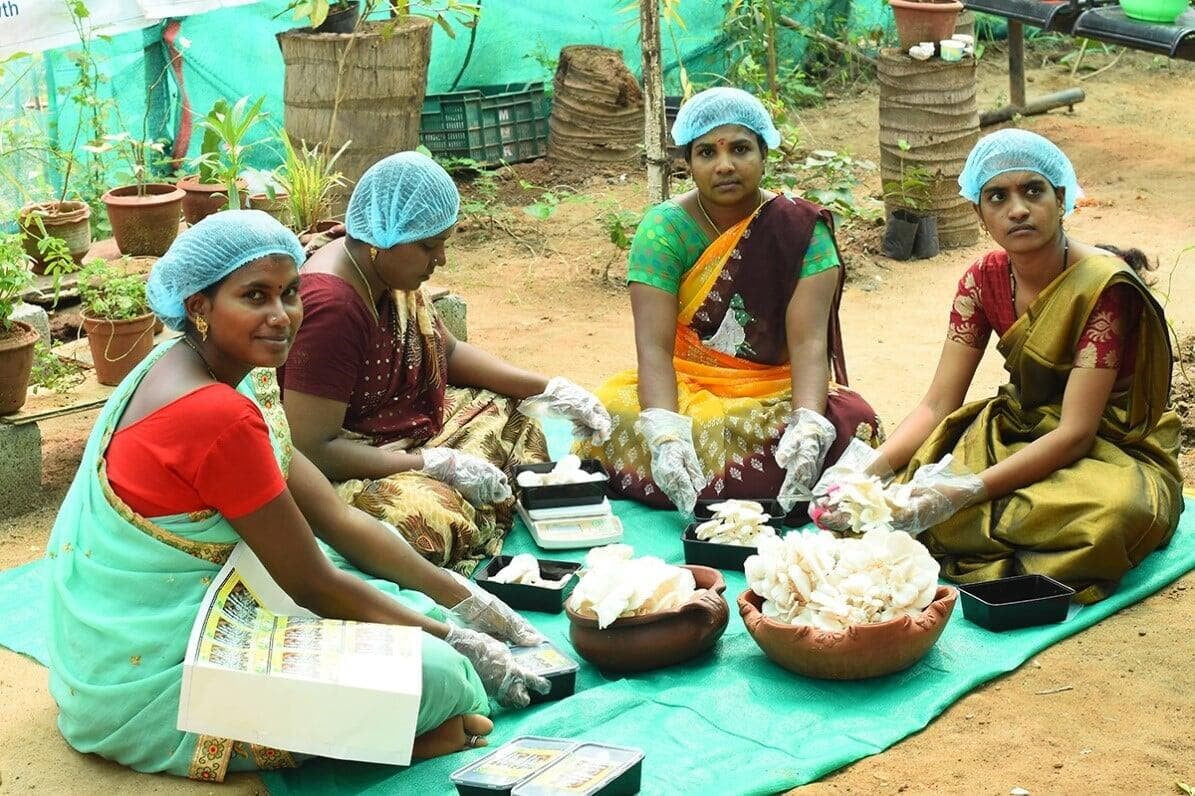
Additionally, certification and accreditation can also enhance the reputation and credibility of mushroom training centers, making them more attractive to individuals seeking professional development in mushroom cultivation. Trainees can have confidence in the quality of education and training they will receive from accredited centers, leading to better outcomes and increased trust in the skills they acquire. Overall, certification and accreditation serve as benchmarks for excellence in mushroom cultivation training, setting a standard for quality education in the industry.
Specialized Training for Advanced Mushroom Cultivators:
Advanced mushroom cultivators looking to hone their skills and expand their knowledge can benefit from specialized training programs tailored to their level of expertise. These advanced training courses delve deeper into advanced cultivation techniques, pest and disease management, and the latest innovations in mushroom production. With a focus on enhancing yields, quality, and sustainability, advanced cultivators can gain valuable insights and techniques to take their mushroom cultivation to the next level.
Specialized training for advanced mushroom cultivators often includes advanced topics such as spawn production, substrate preparation, environmental control, and post-harvest handling. Participants in these programs have the opportunity to learn from industry experts, engage in hands-on practical sessions, and network with fellow cultivators. By staying abreast of best practices and emerging trends, advanced cultivators can continue to innovate and excel in the dynamic and rapidly growing mushroom industry.
Importance of Proper Hygiene and Sanitation in Mushroom Cultivation:
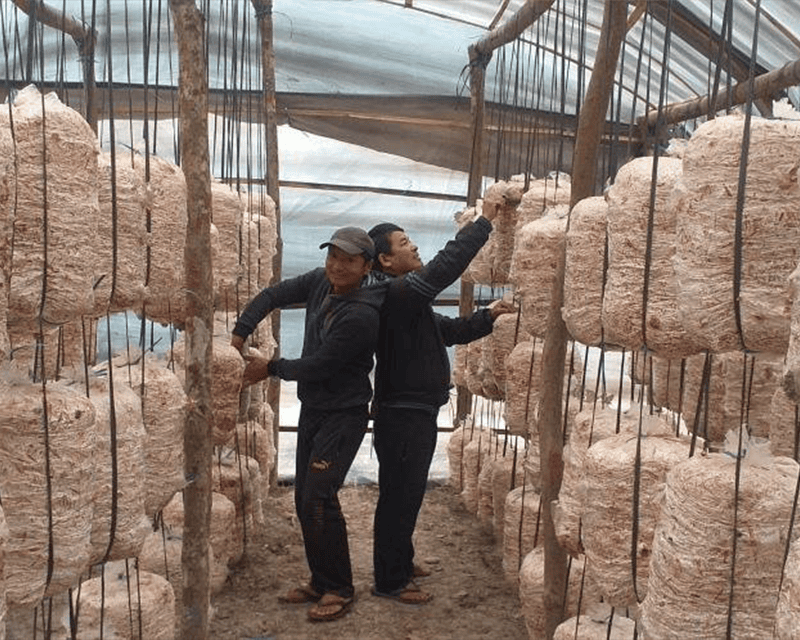
- Proper hygiene and sanitation play a crucial role in ensuring the success of mushroom cultivation.
- Maintaining a clean and sterile environment is essential to prevent contamination and promote healthy mushroom growth.
- Any lapse in hygiene practices can result in the growth of harmful bacteria or mold, which can ruin entire batches of mushrooms.
- Implementing strict hygiene protocols, such as regular cleaning and disinfection of equipment and work surfaces, is vital in safeguarding the quality and safety of the mushrooms produced.
- Additionally, practicing good personal hygiene, such as wearing appropriate protective gear like gloves and hairnets, helps minimize the risk of introducing contaminants into the cultivation environment.
- By prioritizing cleanliness and sanitation, mushroom cultivators can create optimal conditions for the growth and development of high-quality mushrooms.
Understanding the Lifecycle of Mushrooms in Training Programs:
Training programs that delve into the lifecycle of mushrooms typically begin by explaining the crucial stages of mushroom growth. These programs cover the initial phase of substrate colonization, where the mycelium colonizes the growing medium. Learners are then introduced to the fruiting stage, where mushrooms begin to develop and mature. Understanding these stages is fundamental for cultivators to optimize the growing conditions and ensure a successful harvest.
In addition to the growth stages, training programs also emphasize the importance of maintaining ideal environmental conditions throughout the lifecycle of mushrooms. Factors such as temperature, humidity, light exposure, and ventilation play a significant role in the development of mushrooms. Participants are taught how to monitor and adjust these conditions to support healthy growth and maximize the yield of their mushroom crops. By grasping the intricacies of the mushroom lifecycle, cultivators can develop a deeper understanding of the cultivation process and enhance their skills in mushroom farming.
Utilizing Technology and Innovation in Mushroom Cultivation Training:
Mushroom cultivation training programs are increasingly incorporating technology and innovation to enhance the learning experience for participants. With the advancement of digital tools and applications, trainees can access a wealth of information on mushroom cultivation techniques, best practices, and troubleshooting solutions. Virtual reality simulations and online interactive modules are also being utilized to provide a realistic and immersive training environment, allowing learners to practice their skills in a safe and controlled setting.
Additionally, the integration of innovative farming technologies such as automated climate control systems, sensor-based monitoring devices, and data analytics software is revolutionizing the way mushrooms are cultivated. These technologies not only improve the efficiency and productivity of mushroom cultivation operations but also provide trainees with valuable insights into optimizing crop yields and quality. By leveraging the power of technology and innovation in mushroom cultivation training, aspiring cultivators can gain a competitive edge in the industry and stay abreast of the latest developments in the field.
Career Opportunities and Growth in the Mushroom Industry:
For individuals passionate about agriculture and looking to explore diverse career options, the mushroom industry offers a plethora of opportunities for growth and development. From entry-level positions in mushroom cultivation to managerial roles in large-scale production facilities, the industry provides a wide range of career paths for individuals with varying levels of experience and expertise.

